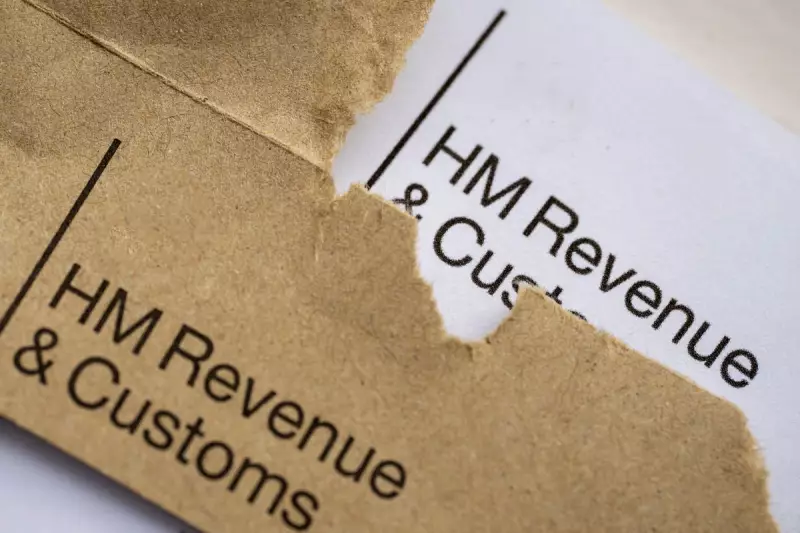
In a dramatic expansion of state financial powers, HM Revenue and Customs (HMRC) has been granted authority to directly raid bank accounts of individuals suspected of owing tax money. This controversial power allows tax officials to bypass traditional court processes and make direct deductions from personal and business accounts.
How the Direct Recovery System Works
The new system enables HMRC to:
- Access funds directly from bank and building society accounts
- Make deductions without obtaining a court order first
- Target individuals with suspected tax debts of £1,000 or more
- Freeze accounts and transfer funds directly to the Treasury
Serious Concerns About Financial Safeguards
Financial experts and civil liberties groups have raised alarm bells about the potential for errors and abuse. The system operates with minimal judicial oversight, relying instead on HMRC's internal checks and balances.
"This represents a fundamental shift in the relationship between the state and the individual," warned one financial privacy advocate. "Giving any government department direct access to people's bank accounts without proper court supervision creates a dangerous precedent."
Protections for Vulnerable Account Holders
HMRC insists there are safeguards in place, including:
- Leaving a minimum of £5,000 across all accounts after any deduction
- Multiple warning notices before taking action
- An internal review process for disputed cases
- Exemptions for vulnerable individuals
However, critics argue these protections are insufficient and that the potential for catastrophic errors remains high. The move comes as HMRC faces increasing pressure to boost tax collection rates amid growing government debt.
What This Means for UK Taxpayers
Millions of Britons now face the reality that their bank accounts are directly accessible to tax authorities. While intended to target deliberate tax evaders, there are genuine concerns that innocent mistakes or disputes could lead to frozen accounts and financial hardship.
The development marks one of the most significant expansions of HMRC powers in recent history and continues to generate heated debate among politicians, financial experts, and civil liberties organizations.





